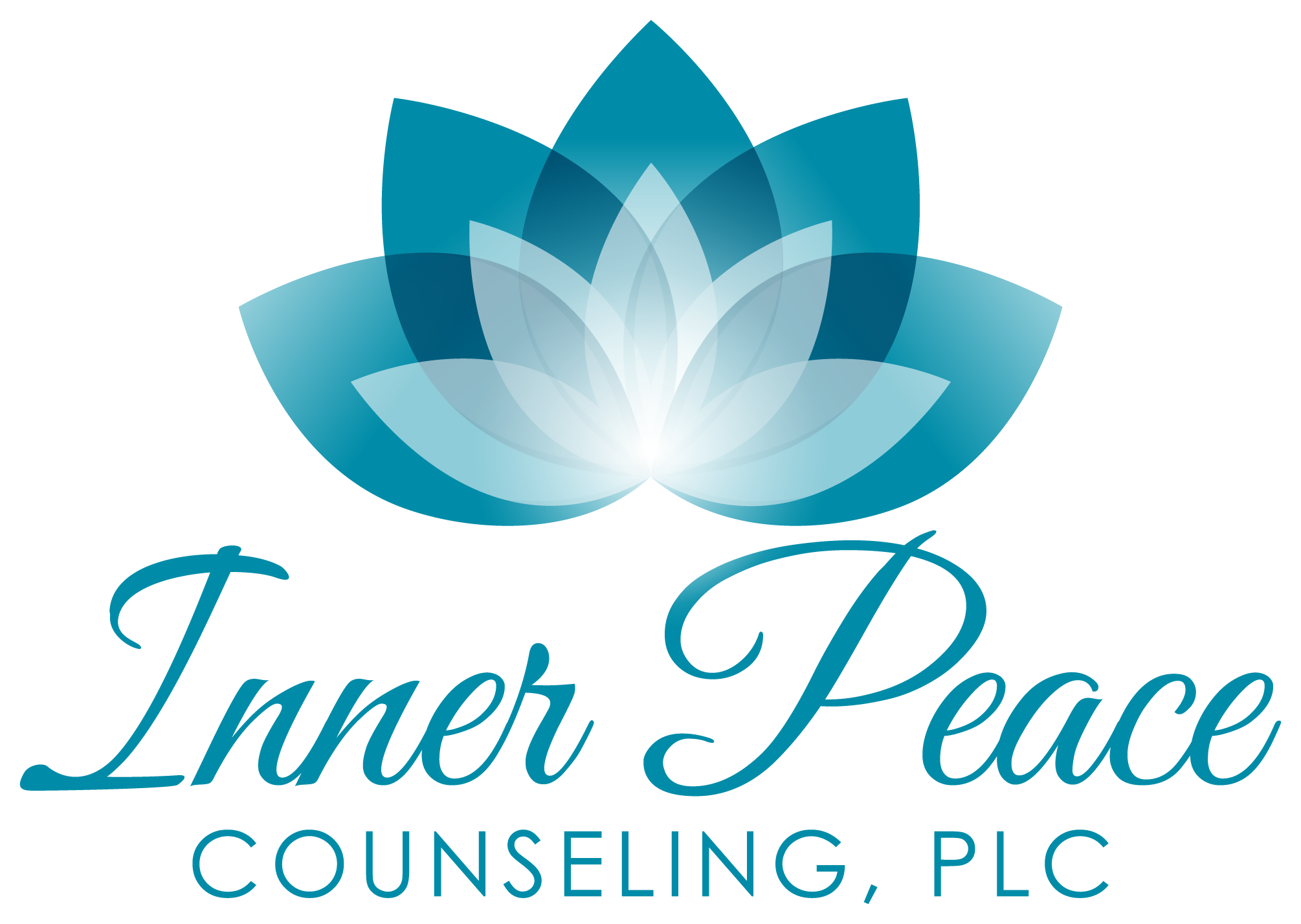Natural Sleep Aids to Support your Sleep and Mental Health

By: Ashley Carter Youngblood
Categories:
Natural Sleep Aids to Support your Sleep and Mental Health
We have already covered in my previous blog “5 Habits that are Destroying your Sleep”, that there are some things you may be doing that are contributing to your sleep issues. In that blog, I also offered easy tips to combat these unhelpful habits. But, sometimes, especially if we are affected by anxiety, we may need some extra help to get good sleep. Luckily, my training as a therapist, Certified Integrative Mental Health Professional, Nutrition Network Professional, and Certified Nutrition Recovery Coach comes in handy here as there are a handful of natural sleep aids you can explore to help support your sleep and mental health if you’d like to avoid medication.
Amino Acids
Being trained in using Amino Acid Nutritherapy for behavioral health symptoms has been a powerful reminder of how essential nutrition is to our mental health. As I describe on this page of my website, amino acids come from dietary protein. So, our food nutrition greatly affects our mental health. But, if we are not getting enough protein or the specific amino acids we need for mental health through our diet, we can use targeted amino acids to address certain symptoms. Sleep is one of them.
GABA, which stands for Gamma-Aminobutyric Acid, is a great place to start for sleep issues. GABA is both an amino acid and also a neurotransmitter. It can help with sleep (and anxiety) because it naturally calms the mind and body. L-Theanine, another amino acid, can also be a supportive way to assist relaxation and sleep, although it tends to have less of the body-relaxing qualities of GABA.
A third amino acid that people often swear by as a natural sleep aid is Tryptophan. This one probably sounds familiar in the context of becoming sleepy from eating turkey at Thanksgiving dinner. But, Tryptophan is actually in all animal products. And, it can also be used to supplement sleep and mood. Make sure to start with a low dose of around 500mg as it can be powerful! Also keep in mind that, because of Tryptophan’s impact on the neurotransmitter of Serotonin, use of it should be monitored closely by one’s healthcare provider if taking a Serotonin-affecting medication (e.g. certain anti-depressants like Lexapro, Cymbalta, and Effexor).
You may be wondering why I haven’t mentioned Melatonin yet. Often this is the first thing people think about when they think of natural sleep aids to support sleep and mental health. However, if taken consistently, people can develop a tolerance and dependence on Melatonin, making it harder to sleep well on your own over time. And, often people take way more Melatonin than they need. Think only a couple grams! Furthermore, an amino acid like Tryptophan actually helps to provide mood support and heal the brain given that it is a chemical precursor to Serotonin. Melatonin only adds a chemical that your body is already making. So, for me, Melatonin is usually a last resort of nothing else works well.
Magnesium
But, amino acids aren’t your only natural option. Based on daily recommendations, around half of the population is Magnesium deficient. This matters because magnesium is an essential mineral. Magnesium is used by every organ in our body and plays a key role in the health of muscles, nerves, bones and blood sugar. It also aids in relaxation. So, you can rely on this trusty mineral as an all natural sleep aid!
Because of its natural laxative effect when taken orally, people often prefer to use magnesium topically. You can do so with creams or magnesium sprays (here’s a helpful recipe). The key with oral administration is that you take it to “bowel tolerance”. This means to experiment with how much you need by taking one capsule at a time and decreasing back down a capsule when a certain amount gives you loose stools. This is also a great way to learn if you are, in fact, magnesium deficient, which can also contribute to levels of anxiety. Do keep in mind there are eight different kinds of magnesium, with “Magnesium Glycinate” being traditionally thought of as the most easily-absorbable.
Tea
There are also herbs that have been used for centuries to support sleep, such as chamomile, skullcap, and hops. Finding a “Sleepy time” or “Nighty Night” tea can often be surprisingly effective to help promote relaxation and quality sleep. Traditional Medicinals makes a great one! Similar to magnesium, when I recommend this tea to clients to explore, it comes with my personal note to “be ready to go to sleep” as it can really be very effective!
Essential Oils
Scent is a powerful sensory experience. While my specialty is not in essential oils and I have found that Highly Sensitive People who have sensitivities need to be cautious with scents, essential oils can be very helpful for some in promoting sleep and relaxation. You can find online which scents, like Lavender, tend to promote relaxation. But, listen to your body and give yourself permission to be open to what scents attract and naturally relax you.
Warm Baths
If you really want a triple whammy relative to aiding sleep, try combining magnesium salt flakes (like Epsom salts but better!) with some essential oils in a warm bath. I can feel my tension melting away as I write this! Just be mindful that you take a warm bath several hours before bed given that it is the natural cooling process your body goes through after a warm bath that triggers the body to become sleepy. So, give yourself time to cool down.
Guided Practices
Don’t forget that natural sleep aids that also support your mental health aren’t always external. Practice “Progressive Muscle Relaxation” (i.e. starting at one end of your body and progressively relaxing small muscle groups), guided meditations, or guided imagery before bed or even while lying in bed until you feel relaxed and are able to slow your mind down. Often my clients’ personal favorite resources for this are the Calm and Headspace Apps.
Whatever you do, give yourself permission to experiment and listen to your body. Find what works for you personally. On some nights you may need a combination of several things or you may just be able to use one that consistently works. Just remember to avoid self-defeating habits (e.g. screen time) that are destroying your sleep that I discussed in my previous blog on sleep. And, if none of these work for you, you may want to consider working closer with a healthcare provider or therapist as your challenge with sleep may be deeper rooted in symptoms of anxiety.
~Ashley Carter Youngblood, LMSW, LMFT, ADS, NNP, CIMHP, CNRC
 Ashley Carter Youngblood is a licensed Clinical Social Worker, licensed Marriage and Family Therapist, and a Certified Integrative Mental Health Professional, Nutrition Network Professional, and Certified Nutrition Recovery Coach who has been in the field since 2007. She offers counseling at her woman-owned and -operated business, Inner Peace Counseling, PLC, for those in Kalamazoo, Portage, Mattawan, Battle Creek, Paw Paw, and the surrounding areas of Southwest Michigan. She is passionate about her work with clients, whether it’s providing traditional individual counseling, life coaching, acupuncture, or Amino Acid Therapy for mental health symptoms. Her specialties include holistic healing, counseling for women, anxiety, nutritional interventions for mental health, and support for Highly Sensitive People/Empaths.
Ashley Carter Youngblood is a licensed Clinical Social Worker, licensed Marriage and Family Therapist, and a Certified Integrative Mental Health Professional, Nutrition Network Professional, and Certified Nutrition Recovery Coach who has been in the field since 2007. She offers counseling at her woman-owned and -operated business, Inner Peace Counseling, PLC, for those in Kalamazoo, Portage, Mattawan, Battle Creek, Paw Paw, and the surrounding areas of Southwest Michigan. She is passionate about her work with clients, whether it’s providing traditional individual counseling, life coaching, acupuncture, or Amino Acid Therapy for mental health symptoms. Her specialties include holistic healing, counseling for women, anxiety, nutritional interventions for mental health, and support for Highly Sensitive People/Empaths.
I welcome you to contact me or leave any questions or feedback you have about this post. Please keep in mind that the above information is the opinion of an individual, should not be considered medical advice/treatment, and is for entertainment/educational purposes only. I write these blogs as an expression of my passion for wellness and with the hope to be able to help as many people as possible. So, for more information about how to safely navigate this website and to what terms you are agreeing upon use, visit my Disclaimer page. And, as always, if you are experiencing an emergency, contact 911 or present yourself to your nearest emergency room.
Thanks for reading.
